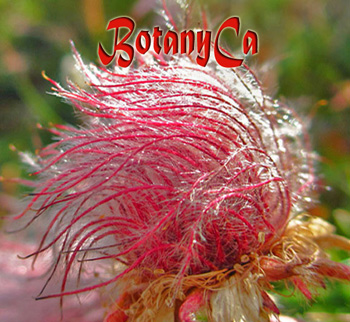False assurance – Linnaea borealis
I had in mind to collect twinflower seeds this year but somehow I missed the right moment. Everyone likes the twinflower and probably would like to have it in their garden; even because it bears Linnaeus name is reason enough :) But, although widespread across its main circumboreal range, it is in fact a plant with a ‘little’ problem (well, not really little).
Linnaea borealis is a self-incompatible species which requires cross-pollination to produce viable seeds (or to produce seeds at all).
Wonderful, large patches can be encountered in the woods but they are mostly clonal (they are identical genetically) and they don’t produce viable seeds. In one research done in Scotland, among all the populations studied, 37% consisted of a single genotype! Such species that reproduce vegetatively but don’t produce viable seeds give us a false assurance. Small populations that disappear from various reasons cannot be reintroduced in old habitats and adaptations to future climate changes would be non-existent because it’s usually from seeds that species adapt and evolve into new, more resistant genotypes.
At a superficial glance, all seems to be fine. The flowering is spectacular and there are fruits. But it’s not… After patiently opening the dry fruits, one will find many of them empty. Luckily, I got some seeds and I can demonstrate. From a significant number of small fruits (about 400), I ended up with +/-75 seeds, so you do the math!
Of course, no one bothers to open the dry achenes (not that many people get them), but you see, there is another aspect – sowing such fruits (which contain no seeds) would make some conclude that Linnaea is either a difficult to germinate species (like the saying went about the Syneilesis) or that it has a very low germination %. Actually, I found someone stating that “germination rate is about one in thirty”. Most probably, there was only 1 fruit that contained a seed!!!
It’s not rare for dry fruits, especially achenes, to be mistaken for ‘seeds’. Many times things are not what they seem to be….










I’m continually amazed by the things you know. Did you study botany in school or have you picked it up on your own?
Well, thank you. I did study botany, but so did many others…There are also many self-taught plants people, so I think it depends if you are the type of curious person who likes to learn something new
all the time.
Plus that with the seed business now, I have a responsibility; I certainly don’t intend to sell empty fruits or ‘dust’ instead of seeds.
If there was a competition for the most patient person in the world, I would enter you! ps I love the look of this plant, another new one to me :)
Thanks Gill, I don’t think I would win it though ;) It is a very nice plant and it seems it’s in trouble in UK (maybe other regions too). I don’t have many seeds but if you
want I’ll send you a few (I never try it, so not sure about how the germination goes and it needs a particular habitat to thrive).